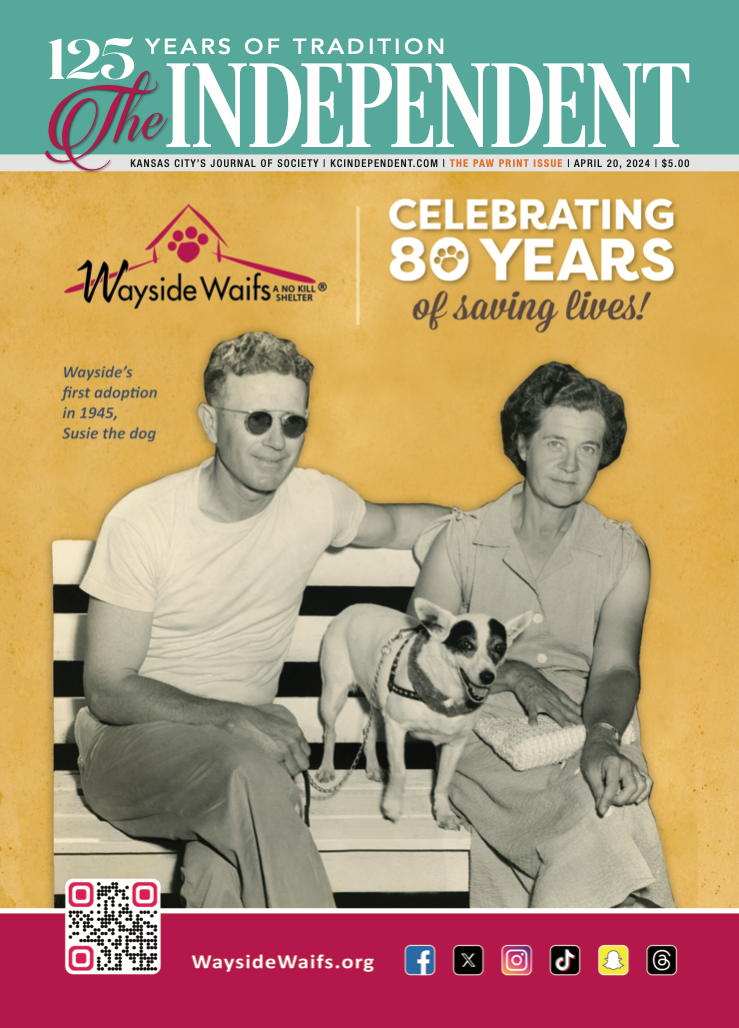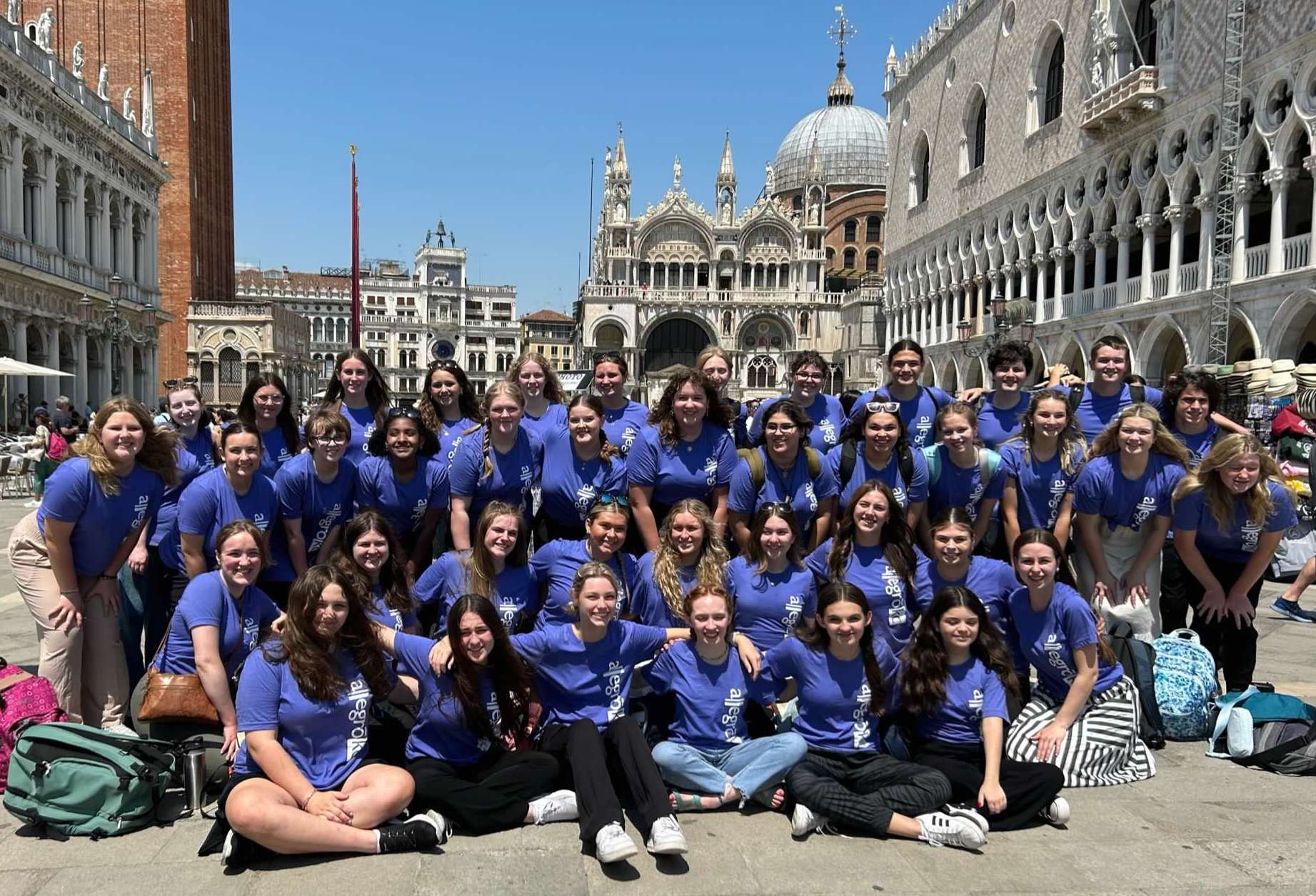WOLFIE, WE HARDLY KNEW YE: KC Chamber Orchestra to finish season with Mozart classic
Bruce Sorrell has spent a great deal of his life thinking about Mozart, and it shows when he conducts the composer’s music: He has a special understanding of this most challenging of Classicists. Astonishingly, the founding music director of the Kansas City Chamber Orchestra finds that he has never conducted Mozart’s iconic Requiem, and this week he plans to rectify that situation. For the final performance of the KCCO’s 23rd season, on June 11th at Village Presbyterian Church, Bruce will lead top vocal soloists, a choir drawn from various churches, and the 30-piece Chamber Orchestra in a single performance of the unfinished 1791 masterpiece.
More than 200 years after its composition, the Requiem continues to fascinate listeners with its air of mystery, and to confound musicians with the artistic puzzles it presents. “The first problem is the fact that he died while he was writing it,” says Bruce with a laugh, “which gives it this sort of romantic aspect.” The story of the Requiem is well known: A visitor came to Mozart offering a handsome commission for a musical setting of the Requiem Mass, and the composer — always short of funds — accepted and set to work on the piece. Mozart was in poor health, though, despite being only 35, and as the composition of the dark-hued piece dragged on he apparently began to be haunted by the notion that he might indeed be writing a Requiem for himself.
Sure enough, he died that December with the piece incomplete, and his widow Constanze, eager to collect the rest of the commission fee, enlisted the services of composers and friends to bring it into some sort of deliverable shape. Controversy remains as to just how much of the finished product was by Franz Xaver Süssmayr (a friend and possibly also student of Mozart’s), Joseph von Eybler or Maximilian Stadler, but the end product is a work of such awe-inspiring dramatic force that it has become a concert favorite worldwide. “How truly remarkable that this was his last work,” Bruce says. “The operatic nature of it jumps out at you. I definitely think of this as an extension of Mozart’s dramatic voice, an area in which he was obviously tremendously gifted.”
More recent musicians have attempted their own completions of the Requiem, and today’s conductor can choose from a wide variety of editions. But Bruce says that for his first time out, at least, he wanted to use the Süssmayr version that is probably still the most commonly favored and performed. “For me it had to do with wanting to go with the one created by people that Mozart had around him,” he says. “They were doing this completion for Constanze, and that has a romantic feel in and of itself. These are people who were there when Mozart died. This is authentic to the period, and to the people he had trained and who were around him at the end.”
Bruce will be joined by top-drawer soloists: soprano Rebecca Lloyd, mezzo-soprano Denise Knowlton, tenor David Adams and bass-baritone John Stephens. The chorus of about 50 singers, prepared by Matthew Shepard, is drawn from choirs at Village Church, Grace and Holy Trinity Cathedral and St. Paul’s Episcopal Church. The Requiem will be paired with Stravinsky’s “Dumbarton Oaks” Concerto for chamber orchestra. Founded in 1987, the Kansas City Chamber Orchestra consists of members of the Kansas City Symphony and other gifted musicians.
Masses in Mozart’s day were not composed for concert use, but rather to be performed in the context of a liturgical Mass, with individual musical movements inserted into the service at the correct moments. Audiences today are more accustomed to hearing Masses of Mozart or Haydn in concert settings than in a Catholic Mass, yet the removal of sacred works from their intended contexts is not without its aesthetic and/or religious problems. Nevertheless works like the Requiem transcend the confines of any single religion or faith, Bruce says. “The great works have a universality that everyone can find some way into. Everyone can understand the Day of Wrath, for example. That’s something that speaks to all — that fear of death, of falling short.”
And contrary to the conceit of the Peter Shaffer stage play Amadeus (and later, Milos Forman’s film adaptation of it), composer Antonio Salieri had no hand in the completion of the Requiem, nor did he poison Mozart. (In the film we are made to believe that Salieri is the mysterious commissioner of the piece, even though history tells us it was an envoy sent by a Count Franz von Walsegg soliciting a piece for his recently deceased wife — which he seemingly planned to pass off as his own.) “What a great story, though,” Bruce says of Amadeus, “and what a brilliant film. I loved Salieri talking about the Gran Partita as it’s being played in the other room, while Mozart gallivants on the floor, even if they do get the story somewhat skewed.”
Bruce’s reference is to a scene in which Salieri first realizes Mozart’s genius, even while resenting that God would bestow such gifts on someone he perceived as an infantile buffoon. “This was no composition by a performing monkey,” Salieri says, as he examines the score of the Partita’s Adagio, with its gorgeous, soaring oboe solo. “This was a music I’d never heard. Filled with such longing, such unfulfillable longing. It seemed to me that I was hearing the voice of God.”
For tickets to Mozart’s Requiem on June 11th, performed by conductor Bruce Sorrell and the Kansas City Chamber Orchestra, call 816-235-6222 or go to www.kcchamberorchestra.org.
Features
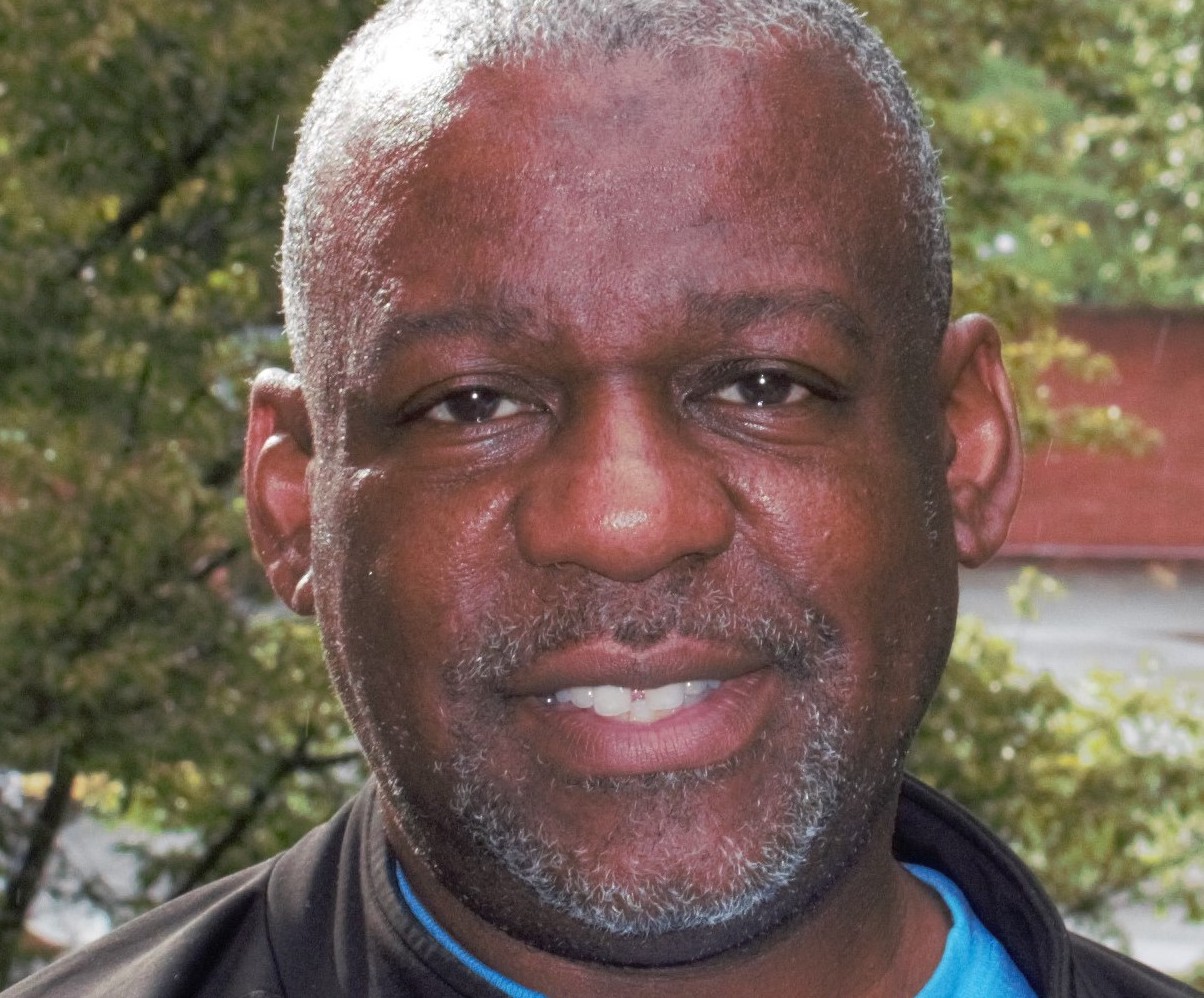
Tyrone Aiken danced prodigiously as a youth, trained at The Ailey School as a young adult, worked as a professional dancer at the height of the New York dance ferment,…
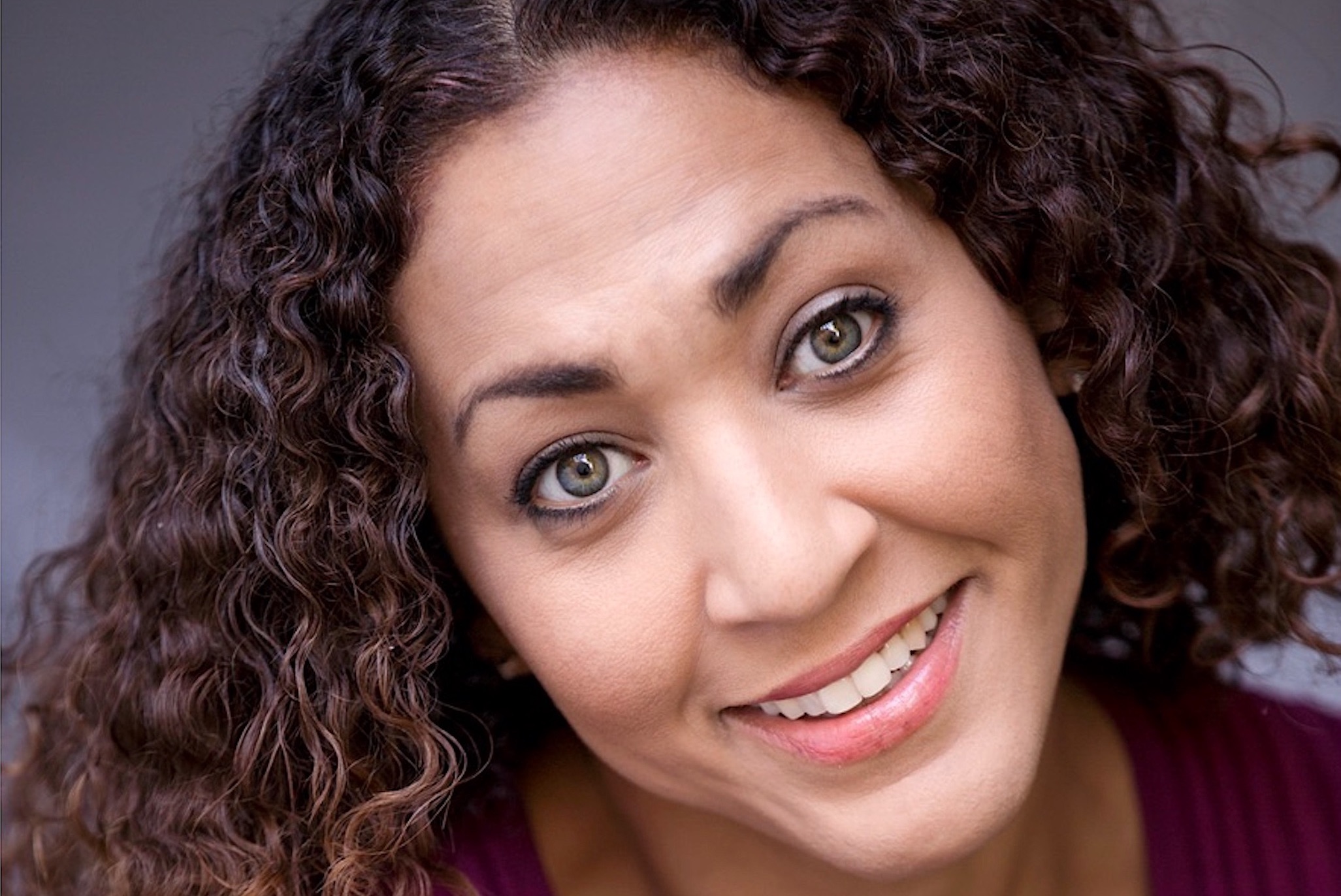
CAROLINE DAHM Dancer, choreographer, producer, master teacher, adjunct dance professor at The UMKC Conservatory, assistant director at Wylliams/Henry Contemporary Dance Company What I love about the Kansas City performing-arts scene: Kansas…
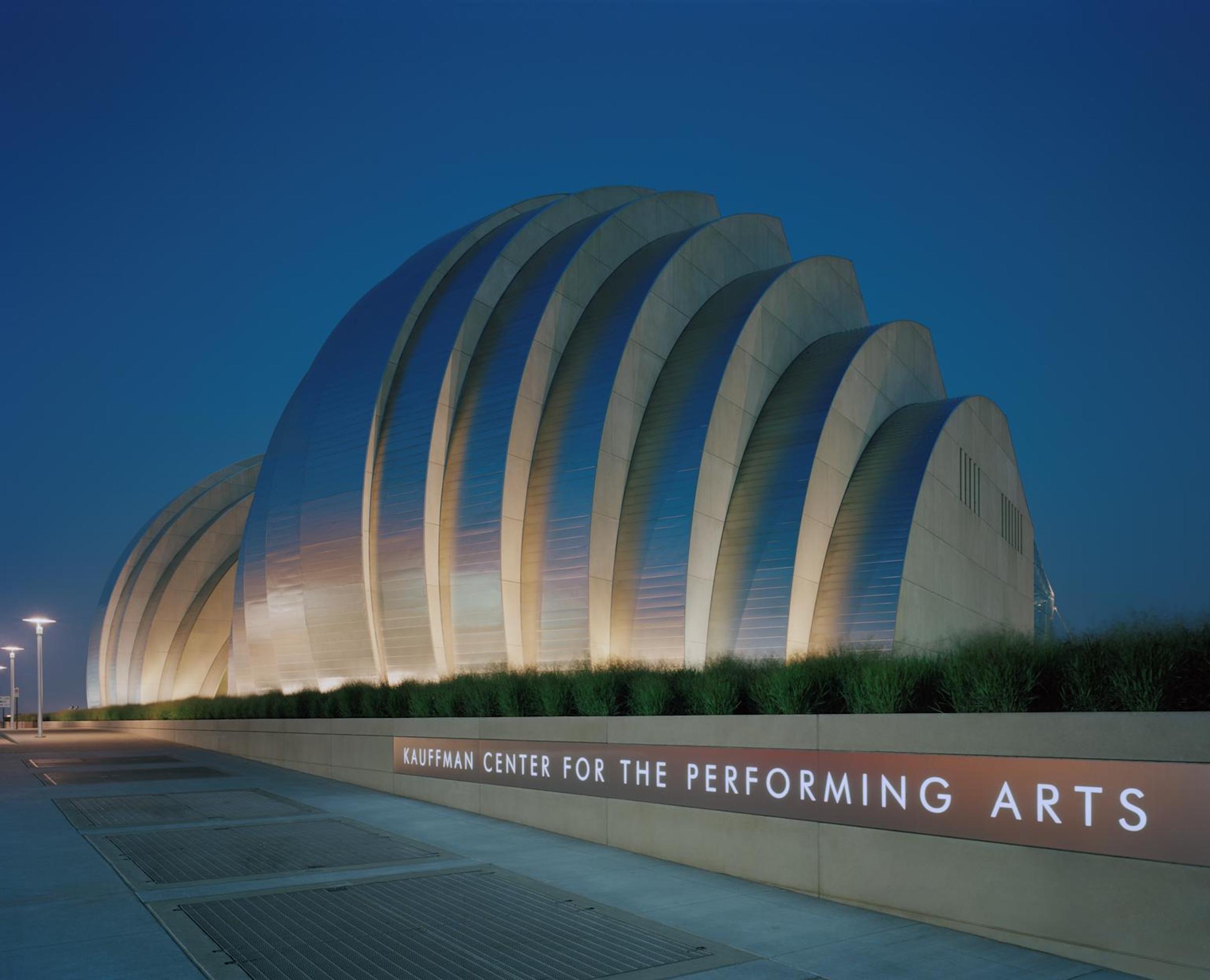
It’s difficult to remember what the Kansas City skyline looked like 20 years ago, before the Kauffman Center for the Performing Arts began to take shape at 16th and Broadway.…

